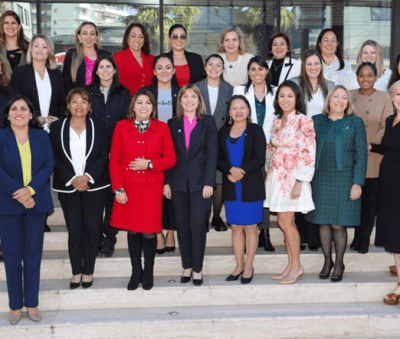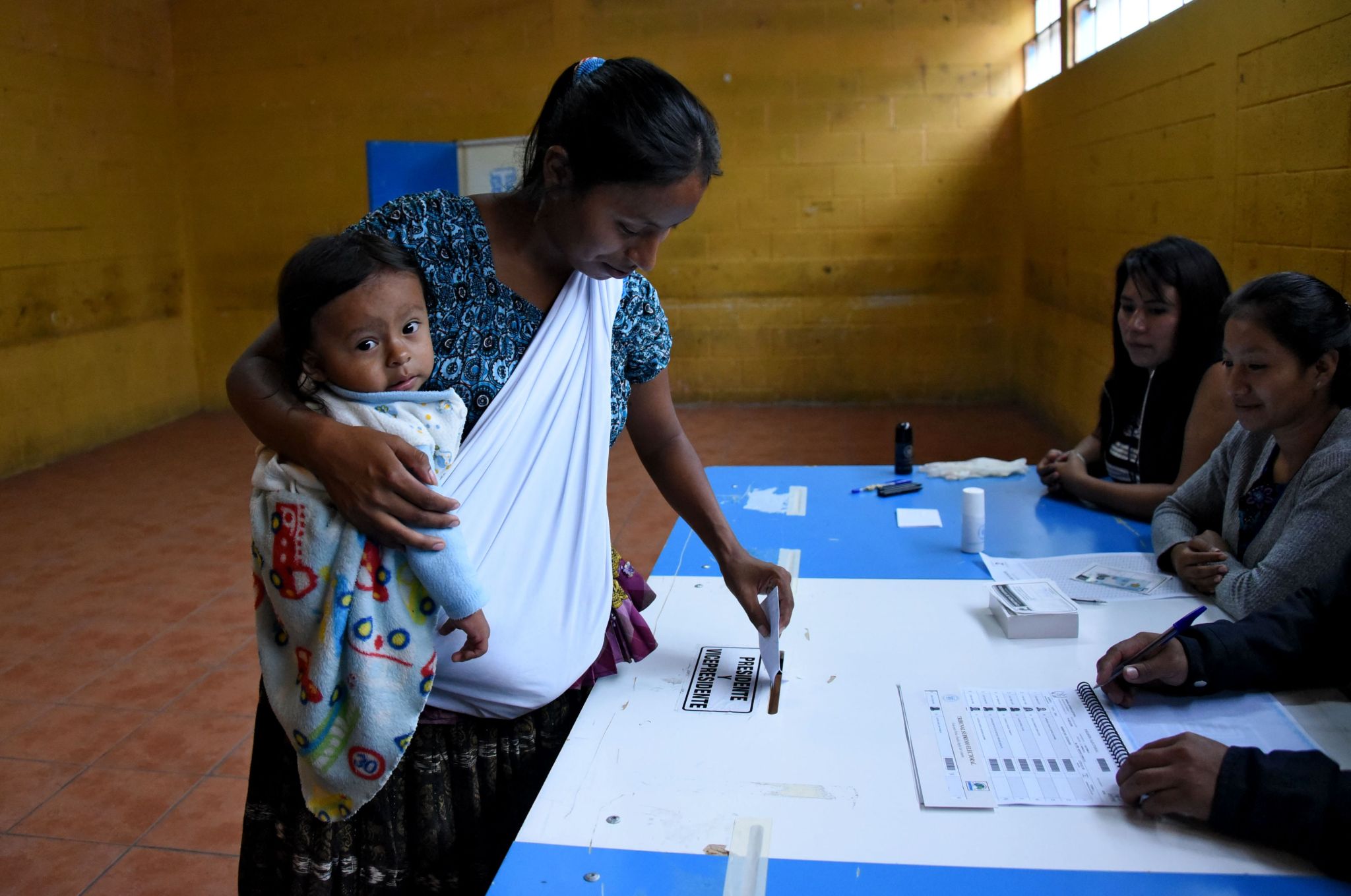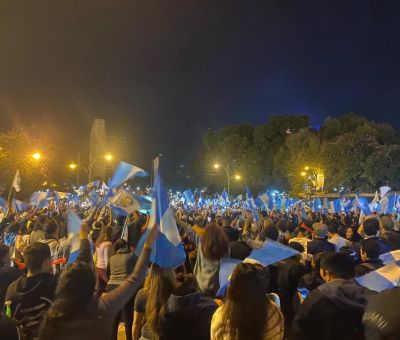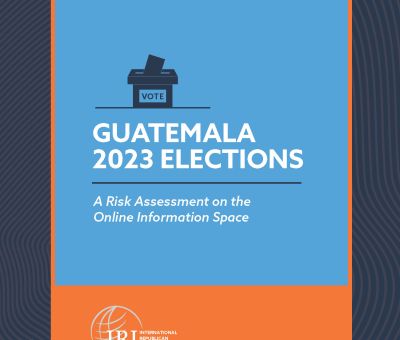
HDP Alumni Profile – Elena Sofia Motta Kolle…
What parliament and chamber are you a member of? I am a deputy elected for the 2024-2028 term in the…
Since the Peace Accords in 1996 that ended the country’s civil war, Guatemala has worked to overcome ongoing challenges of insecurity, corruption, weak economic development, and weak institutions.

To support safe and transparent electoral processes, IRI works with local civil society and government actors, including Congress. Through IRI’s “Cultura de Paz” (Culture of Peace) program, local civil society actors and citizens work in communities to identify and mitigate triggers for electoral violence. During the last two Guatemalan elections, this program trained 120 citizens from 20 municipalities (2015) and 193 citizens from 32 municipalities (2019) including youth, women, indigenous, and LGBTQI+ Guatemalans, some of whom have gone on to serve as conflict mediation experts in their communities beyond election time.
At the municipal level, IRI has successfully improved trust and communication between citizens, civil society, and local government to enhance violence prevention and economic development planning processes. IRI works with remote, rural, and indigenous communities to boost the capacity of local government to respond to citizen needs and to improve connections between government actors from the local, departmental, and national levels to help municipalities advocate for their needs and access resources. Further, IRI partners with commissions of Congress to make legislative processes more effective and responsive to citizens needs through dialogues with civil society and technical experts.
Alongside civil society groups at the national and local level, IRI advocates for citizen needs, supports citizen participation, and helps to build local capacity to increase quality of life and economic opportunity. IRI assists grassroots civil society groups in remote, indigenous, and rural communities to provide workforce development training to citizens – including youth and returned migrants.
To further encourage citizen participation and responsiveness to citizen needs in Guatemala, the political inclusion of marginalized groups including women, youth, the elderly, indigenous, and LGBTQI+ citizens in programs is crucial. IRI works with local actors to identify the specific needs, barriers to participation, and opportunities for inclusion and incorporates these into citizen participation programming. To encourage political inclusion of youth, IRI works extensively with young Guatemalans from civil society and political party backgrounds through leadership development and advocacy networks including Youth Beyond Elections, Generation in Action, and Network of Networks. Through these groups, youth from across the country come together to identify common needs, challenges, and priorities to advocate for greater youth participation in political processes, while developing their own leadership skills. Through programs using the IRI Ideathon methodology – such as Democra-Action – young citizens can design and implement programs that foster citizen and youth participation and capacity at the local level.

What parliament and chamber are you a member of? I am a deputy elected for the 2024-2028 term in the…

On June 25, 2023, results of the first round of Guatemala’s general elections surprised onlookers as Bernardo Arévalo from center-left…
“Guatemalans will head to the polls to vote for president on June 25 at a time of real peril for…

Acknowledgments The development of this report was made possible through the writing and research of Hui Hui Ooi and Ana…

